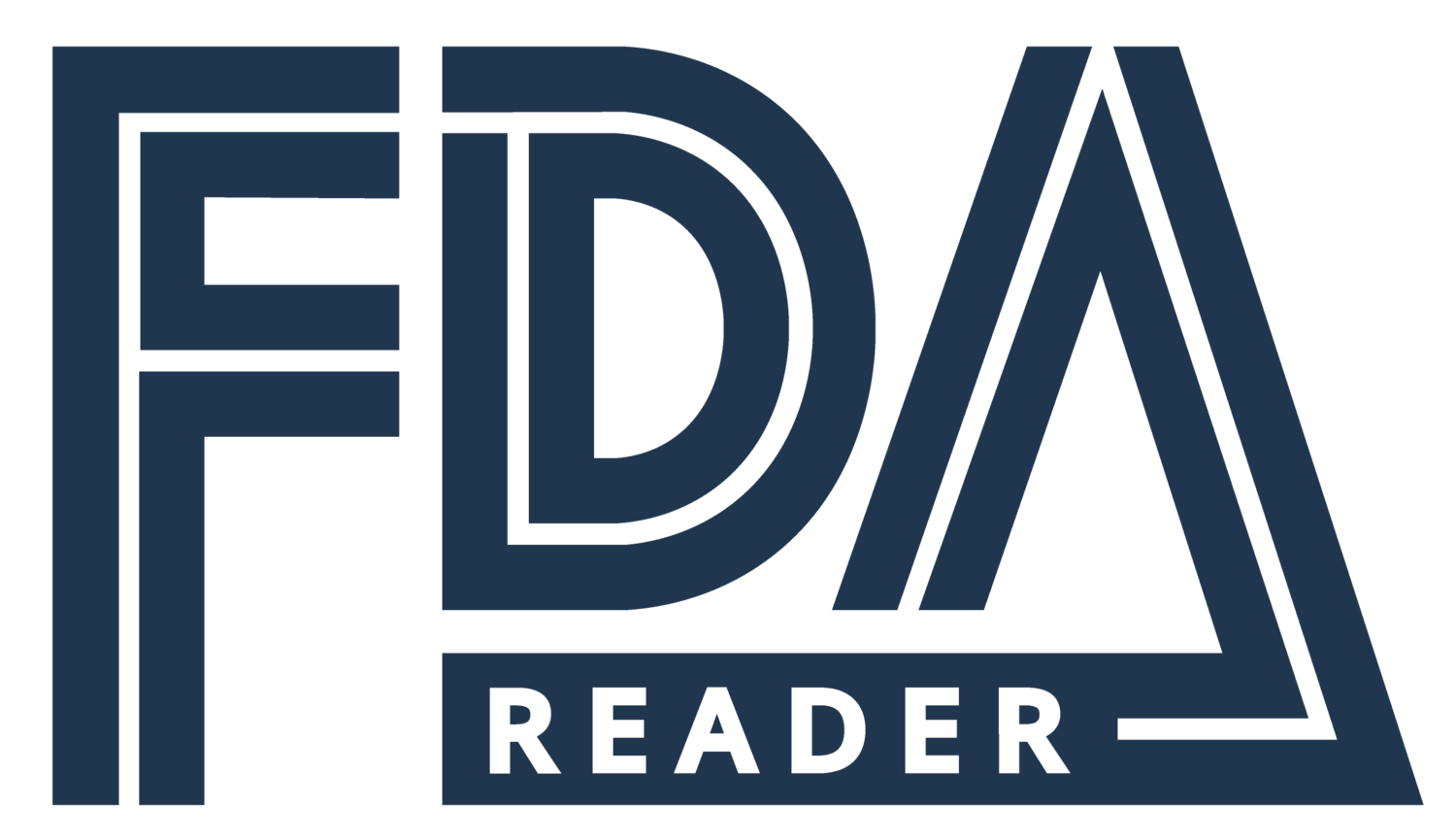Intro to Foreign Supplier Verification Program
For step-by-step instructions, see Guide to Developing an FSVP
What You Need to Know about FSVP
Nearly all food imported into the US must be produced in alignment FDA Regulations
Foreign Supplier Verification Program (FSVP) is a major component of FSMA which requires US businesses to only import food products from suppliers they have vetted and approved.
Most businesses which import food products for consumption inside the US must verify that the food is produced in alignment with FDA regulations. This is done through the implementation of a Foreign Supplier Verification Program (FSVP). When a certain type of food (i.e. seafood) is subject to specific regulation, a foreign supplier must also comply with those specific standards.
The verification process may include, among other methods: an assessment of the supplier's food safety records, a review of an audit report, or a site visit.
Applicability and Exemptions
Generally, foreign supplier verification is required for most importers, for most imported foods, and for most foreign suppliers. To better understand what types of businesses and products may not be regulated under Subpart L (Foreign Supplier Verification Program), see the exemptions below:
Very Small Importer Exemption
A "Very Small Importer" is a company that imports $<1mm year in product value for imported human food (or <$2.5mm year in value for imported animal food)
Modified requirements for "Very Small Importers"
A very small importer must document that they meet the qualification for this exemption (i.e. be able to prove they are doing less than $1 million in imports)
Receive a written assurance from each foreign suppliers, prior to importing any food. The written assurance must be obtained every 2 years and include the following
A brief description of the preventive controls being applied to control hazards in the food. This must be provided for each food that is imported.
A statement that the foreign supplier is compliant with FDA regulations or (when equivalent) the relevant laws of their own country
You must take corrective action (such as suspending your import of this food) if you determine that the supplier is not producing food consistent with their assurance.
You must keep signed and dated records of these activities for > 2 years.
Foreign Suppliers Requiring No Verification
An importer is not required to conduct verification activities for certain foreign suppliers, including
farms that grow produce and are not covered under part 112, or
A shell egg producer that has fewer than 3,000 laying hens.
Suppliers operating in countries with an officially recognized or equivalent food safety system
If you are importing products from a foreign supplier that is exempt, the modified requirements are as follows:
You must obtain a written assurance of their exemption type (i.e. farm or qualified facility or small shell egg producer)
You must initially evaluate your foreign supplier's performance history as it relates to compliance with FDA regulations. You must re-evaluate this if you become aware of any relevant changes or information or ever 3 years at minimum.
You must take corrective action (such as suspending your import of this food) if you determine that the supplier is not producing food consistent with their assurance.
You must keep signed and dated records of all verification activities for > 2 years.
You must approve your foreign suppliers based on the activities described above.
You must establish written procedures to ensure that you are using only approved foreign suppliers. You may import from unapproved suppliers on a temporary basis, if you have other, adequate verification prior to import.
Countries with Officially Recognized or Equivalent Food Safety Systems
If you are importing from a country with a recognized equivalent food system, you may be free from the following the majority of FSVP requirements (§1.504-§1.508). As of 2018, the only countries who have achieved this are: Australia, Canada, and New Zealand.
However, your program still must be developed by a qualified individual, your company must be identified upon food import, and you must maintain your FSVP records in compliance with §1.510.
Foods Subject to Special Foreign Supplier Verification Regulations:
Certain foods are exempt from Subpart L (the requirements for Foreign Supplier Verification Programs outlined in this article) and are subject to different requirements.
Imported Seafood Products (aka Fish / Fishery Products)
Since seafood products are subject to specific FDA regulations found in Part 123, importers of seafood products are required to verify that the overseas manufacturer is aligned with Part 123. You can read about the specific requirements for verifying a foreign seafood supplier here
Imported Juice Products
Juice products are subject to specific FDA regulations found in Part 120, importers of seafood products are required to verify that the overseas manufacturer is aligned with Part 120 (specifically, that they have and follow a HACCP plan).
Meat Products
The Foreign Supplier Verification Program does not apply to meat products that, at the time of import, are under USDA jurisdiction.
Food that cannot be consumed without the hazards being controlled
You aren’t required to conduct an evaluation or foreign supplier verification when:
The food can’t be consumed without controlling for the hazard
You rely on the customer (who must be subject to 117C) to control the hazards. In this case you must disclose this to the customer and obtain annual assurance that they are controlling for the hazard
You rely on a subsequent entity in the supply chain (further downstream from you and the customer) to control for the hazard.
FSVP FAQ
How must the importer be identified at entry?
You must identify your firm as the importer and include your FDA identification (DUNS) number and email address when filing for entry. The foreign owner or consignee of the food oversees must designate a US representative as the importer as the food.
What are some consequences of failing to comply with the requirements of this subpart?
The food may be inadmissible for import.
The importer may be found in violation of federal law.








